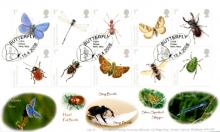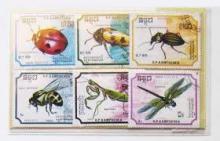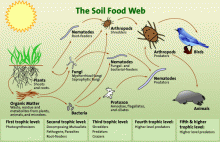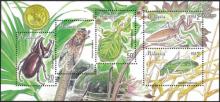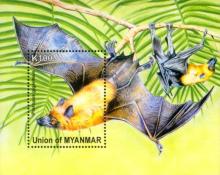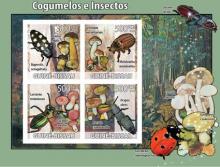Peter Melchett (Soil Association): Latest research undermines a significant part of the safety case for all chemical sprays used in farming, and should lead to a fundamental rethink in how we farm
Dear Editor,
Your report (31 March) that in the light of new research, the Environment Department's distinguished chief scientist, Sir Robert Watson, will review the safety of the notorious neonicotinoid pesticides, long blamed for the destruction of honey bees and other pollinators, is brilliant news.
Insect experts Buglife, supported by the Soil Association, first presented scientific evidence of the damage these new and dangerous chemicals are doing to pollinating insects during the last Labour government, at a bee seminar in 10 Downing Street called by Sarah Brown. Then and since, government scientists and regulators refused to act – just as their predecessors did 50 years ago when faced with evidence of the destruction of birds of prey by DDT. However, the battle to ban neonicotinoids is not over, as is clear from the denials of the latest science from chemical companies
Neonicotinoids are now known to have lethal impacts on bees at tiny doses, well below the levels regulators currently consider "safe". Most chemical sprays used on our food are declared "safe" by governments on the basis that the very small doses that often remain on food are below a level where they can affect humans or wildlife, and can thus be ignored. This latest research undermines a significant part of the safety case for all chemical sprays used in farming, and should lead to a fundamental rethink in how we farm.

